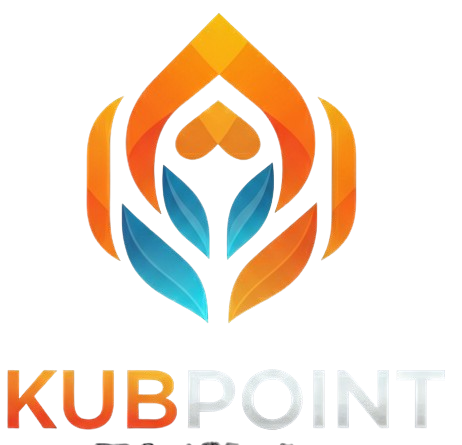Zencoder this week added a command line interface (CLI) option to its artificial intelligence (AI) agent for creating code.
Company CEO Andrew Filev said application development teams can use Zen CLI as an alternative to previous support for integrated development environments. The overall goal is to provide developers with a range of options to take advantage of AI coding from within whatever development environment they prefer, he added.
Zencoder is making a case for an AI agent that simultaneously indexes code patterns and dependencies across repositories. That capability then makes it easier to generate and update code across multiple files in a way that also validates code against syntax rules, project conventions, and integration requirements.
Designed to be integrated with continuous integration/continuous deployment (CI/CD) platforms such as Jenkins and others, the Zencoder AI agent can resolve issues, implement fixes, improve code quality, generate and run tests, and create documentation. As such, the goal is not just to write more code faster, but rather enable DevOps teams to take advantage of AI agents running in the background to re-engineer workflows in ways that result in more applications being deployed faster, said Filev.
Less clear is to what degree AI tools are benefitting senior developers more than junior ones. In theory, AI tools should automate tasks that were once handed off to junior developers. However, it’s also arguable that as AI agents evolve they will be able to take advantage of more advanced reasoning capabilities to build more sophisticated applications without the aid of a senior developer. One way or another, AI will make it easier for generalists to build, deploy and update applications, noted Filev.
Regardless of who is using these tools, the volume of code being generated is already substantially increasing. However, the quality of the code being generated can vary widely. In addition to creating more vulnerabilities because many of the examples used to train large language models (LLMs) are from a cybersecurity perspective significantly flawed. More challenging still, much of that code is verbose which many developers are finding challenging to debug simply because they didn’t write the code themselves.
Additionally, application development teams need to carefully consider which LLMs are being used to build applications. The cost of using one model versus another can vary substantially, so some care needs to be taken to use the right tool based on actual business value that application represents, noted Filev.
At this point, it’s only a matter of time before code being created using AI tools will overwhelm existing DevOps pipelines and workflows so the need for AI agents to automate more tasks is rapidly becoming self-evident. In fact, there is already no shortage of AI tools and platforms for writing and testing code. Unfortunately, many organizations still lack a cohesive strategy, so many individual developers for better or worse are naturally experimenting with different tools and approaches on their own. The challenge now is deciding which one of these tools and platforms best suits the needs of the organization versus being a tool that one individual developer happens to prefer over another.

